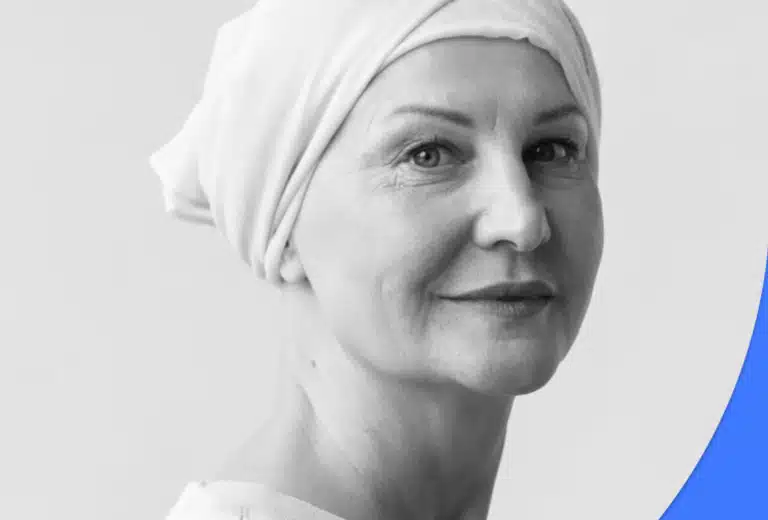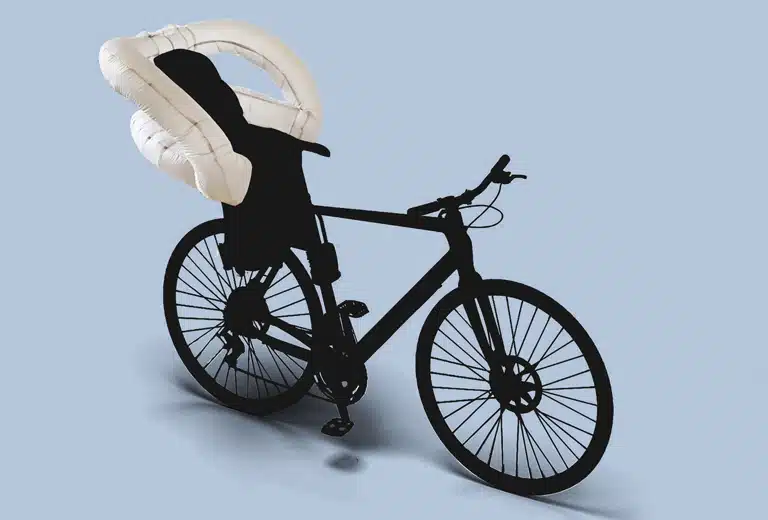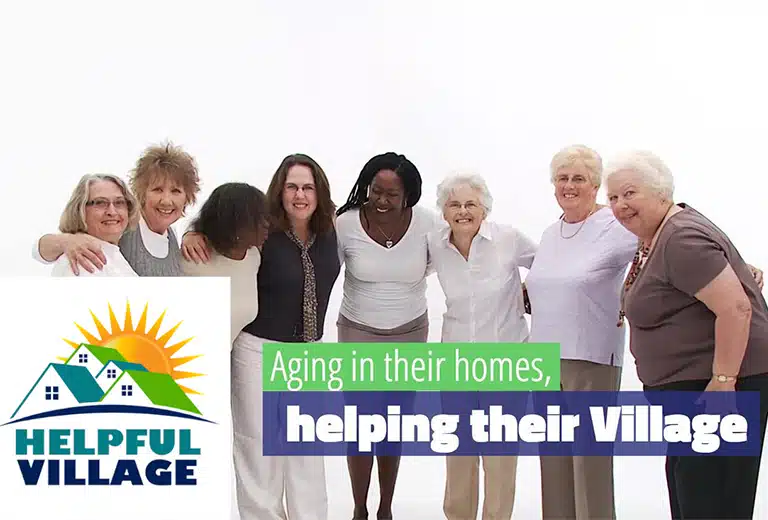Winners of the Fundación MAPFRE Social Innovation Awards
We present the three award-winning projects in this eighth edition

With the conviction that social innovation is an essential tool for offering effective and creative solutions to real problems, years ago we embarked on the adventure of these awards which today, eight editions later, have become a benchmark for anyone seeking to transform the world through innovation and commitment.
The grand final of the eighth edition of the Fundación MAPFRE Social Innovation Awards, held in Madrid, has once again become a meeting place for talent, creativity and the desire to transform the world by taking advantage of the technological resources available to us.
In the auditorium of the Museo Centro de Arte Reina Sofía, in Madrid, the twelve finalists presented their initiatives to the judging panel and the audience, sharing their motivations, who they seek to benefit, and how they will impact their environment.
The three winners will each receive 40,000 euros to boost their projects and achieve even greater impact. In addition, the finalists will become part of the Red Innova, our ecosystem of social innovators that connects all the participants in our awards so that they can share their knowledge.
We introduce you to them below.

Category: Health improvement and digital technology (e-Health)
Pegasi is a health technology company that is revolutionizing cancer care in Latin America. Its solutions, Pegasi Detect and Pegasi Care, focus on the early and automated detection of cancer and optimized care coordination within hospitals and clinics.

Category: Safe and sustainable mobility
Cocoon is a next-generation bike seat for children, equipped with a patented airbag system that inflates in milliseconds using AI-based detection algorithms.

Category: The Silver Economy
The Helpful Village platform has been designed to support non-profit organizations that help older adults live out their days in their own homes with dignity and independence. The platform automates administrative tasks, allowing the “villages” to operate more efficiently.
